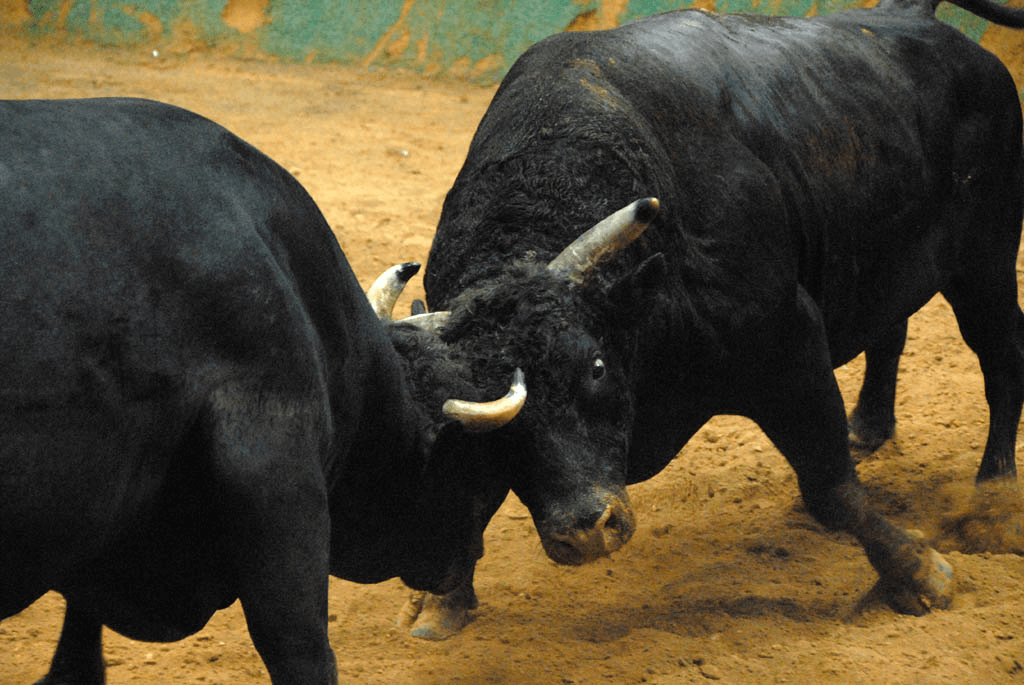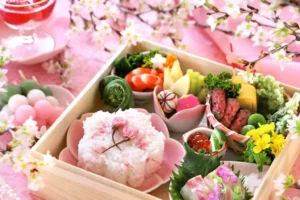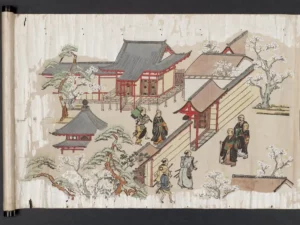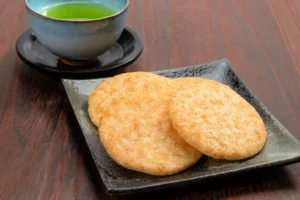In southern Japan, there is a unique cultural tradition called “togyu,” also known as Japanese bullfighting. It’s a mesmerizing blend of power, heritage, and competitive spirit. Moreover, it’s a mesmerizing fusion of strength, heritage, and unwavering competitive spirit that defies convention.
Togyu unfolds as two majestic bulls lock horns, engaging in a thrilling battle that echoes centuries of tradition. The palpable energy in the air is evident as spectators from all walks of life unite to cheer on their favorite bull. It’s an experience that transcends the ordinary. Togyu offers a rare glimpse into Japan’s cultural soul, where history, power, and passion converge in a truly unforgettable spectacle.
Table of Contents
ToggleWhat is “togyu”?
Togyu is a form of bullfighting that originated in southern Japan, particularly on the islands of Tokunoshima and Okinawa. Because it involves bulls fighting each other head to head, some call it ushi-zumo or “bull sumo wrestling.” This differs from European bullfighting, which pits a human matador (Spanish: “killer of bulls”) against a bull.
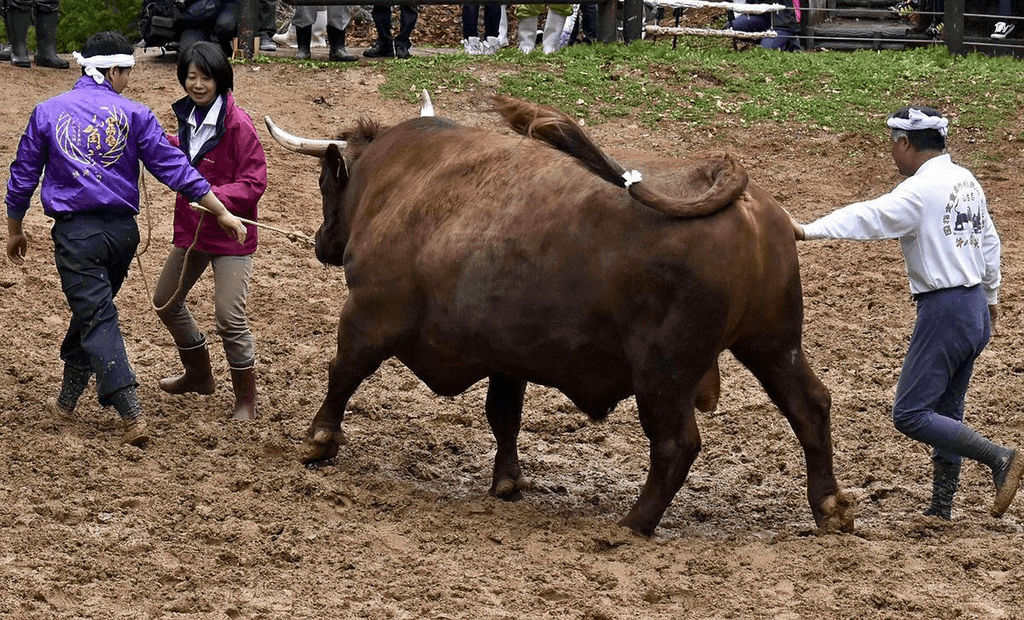
According to legend, togyu originated in the 12th century, and it was a way for local farmers to celebrate the end of the harvest. This was because they noticed that the same bulls they used to plant rice tended to headbutt each other afterward. Many people found this entertaining, so they chose to make a sport out of it.
Eventually, farmers began breeding and raising bulls specifically for bullfighting, which can be a rather costly endeavor. Nevertheless, competing families care deeply for their bulls and treat them as family members. Moreover, because these bulls have special athletic training, they’re intelligent, quick learners who fit naturally with the sport. The bulls’ generous diet includes grass and sugarcane, and their owners take them for walks on the beach to build leg strength.
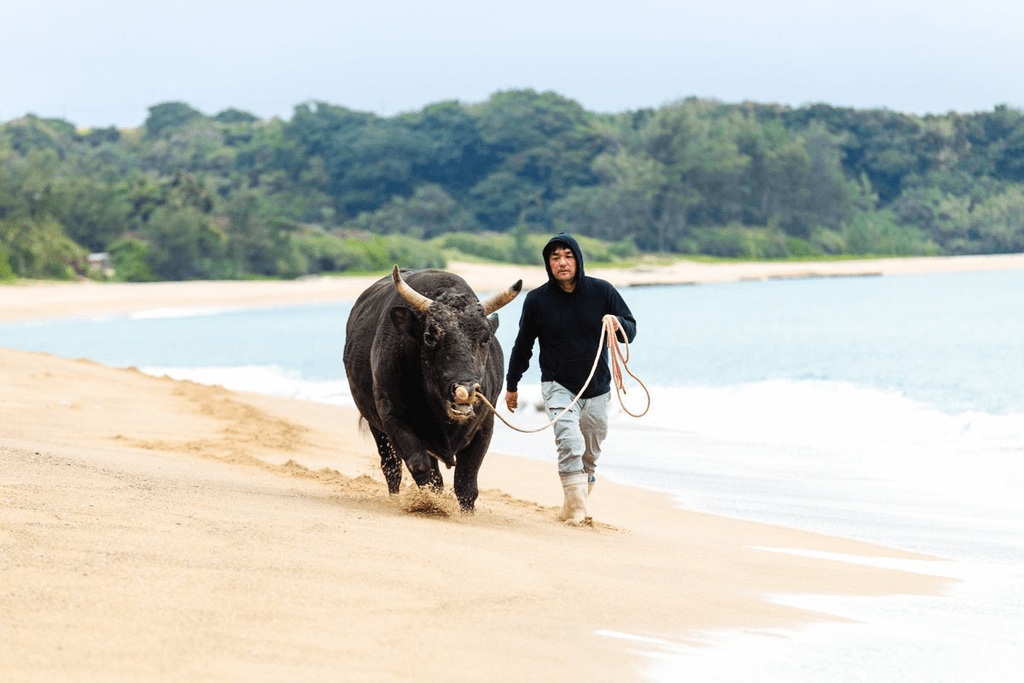
Although these bulls are large with sharp horns, they rarely suffer injuries during their bouts, thanks to their experienced and caring handlers. Togyu events are fun for all ages and even have live commentary, similar to televised boxing matches!
Are you looking to enjoy even more of traditional Japan? Try Sakuraco! Sakuraco delivers traditional Japanese snacks, sweets, tableware, and more from local Japanese makers right to your door, perfect for a pleasant snack time at home!
What are the rules of Japanese bullfighting?
Japanese bullfighting, or “togyu,” follows a set of rules that govern this unique spectacle. Handlers, known as “seko,” bring the bulls into a 20-meter-wide earthen enclosure where they engage in a head-to-head battle. The objective is clear: one bull must push the other out of the ring or make it retreat or turn away to secure victory. Togyu matches can be brief, with some ending in less than a minute, showcasing the dominant bull’s power. However, others can extend for an extended period, illustrating the resilience of the competing bulls. A referee oversees the match, ensuring fairness and making judgments when necessary.
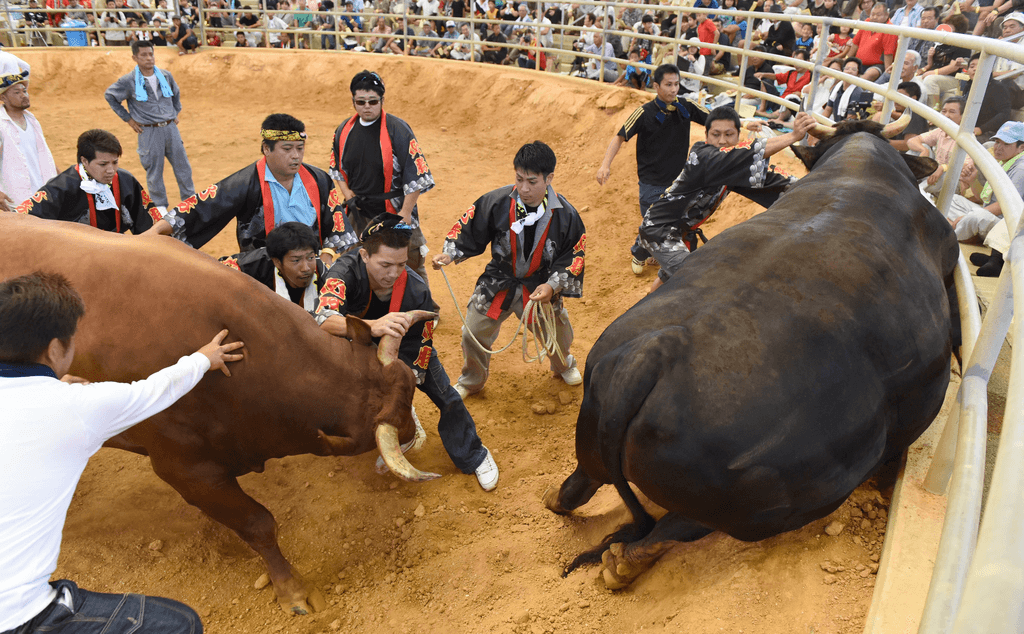
One distinctive aspect of togyu is the audience’s involvement. If a match lasts 30 minutes without a clear winner, the referee can declare a draw at the audience’s request, adding an interactive element to the event. Togyu is a physical battle between bulls and a testament to the handlers’ skill. It’s also a captivating and culturally rich experience showcasing this ancient sport’s strength, strategy, and enduring spirit.
Are there any popular bullfighting events?
One event is the Uwajima Bull Festival in Ehime, Japan, a captivating annual event that is a testament to the cultural significance of traditional bullfighting, known as togyu. Located in the picturesque Ehime Prefecture, this festival has a rich history steeped in the region’s heritage. The festival gathers residents and eager tourists to witness thrilling bullfighting matches in a specially designed stadium.
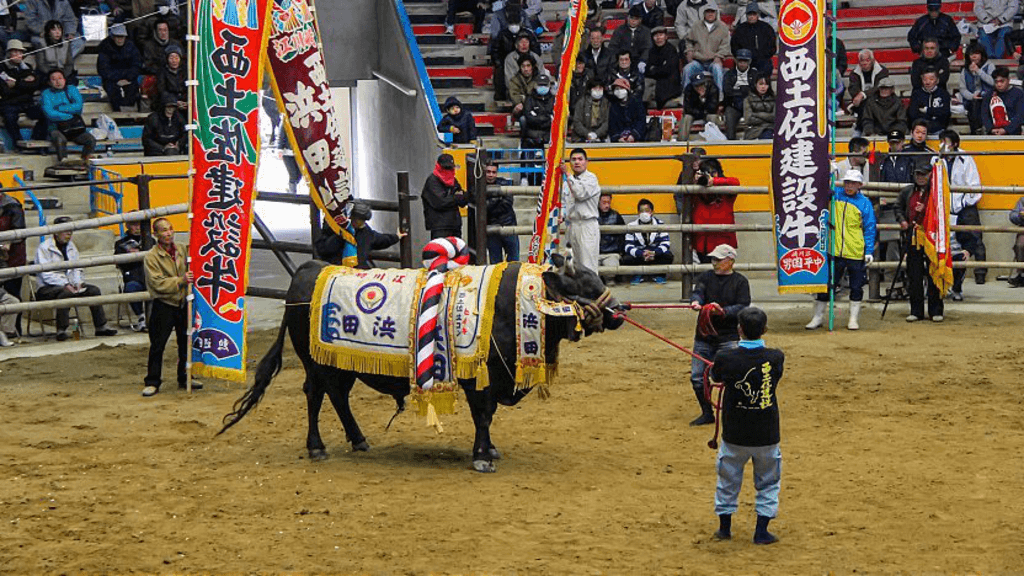
Alongside the riveting matches, visitors can immerse themselves in local traditions and enjoy regional cuisine, creating a well-rounded cultural experience. Experience the togyu tradition at the Uwajima Bull Festival and explore the unique charm of Ehime Prefecture. It’s a must-visit for those seeking an authentic Japanese cultural encounter.
Why should I watch Japanese bullfighting?
Watching Japanese bullfighting, or togyu, offers a captivating window into Japan’s rich cultural heritage and traditions. These matches, featuring two mighty bulls engaged in intense battles, provide a thrilling spectacle that showcases strength, strategy, and resilience. The unique atmosphere at togyu events, with enthusiastic spectators and local customs, immerses you in the heart of Japanese culture.
Moreover, attending a togyu festival allows you to savor regional cuisine, explore artisanal crafts, and experience the camaraderie of the audience. This authentic and lesser-known facet of Japanese culture offers a memorable and unique encounter that differentiates it from mainstream attractions. Whether you’re a cultural enthusiast or simply seeking an exciting and genuine cultural experience, watching Japanese bullfighting can create lasting memories while deepening your understanding of this fascinating tradition.


